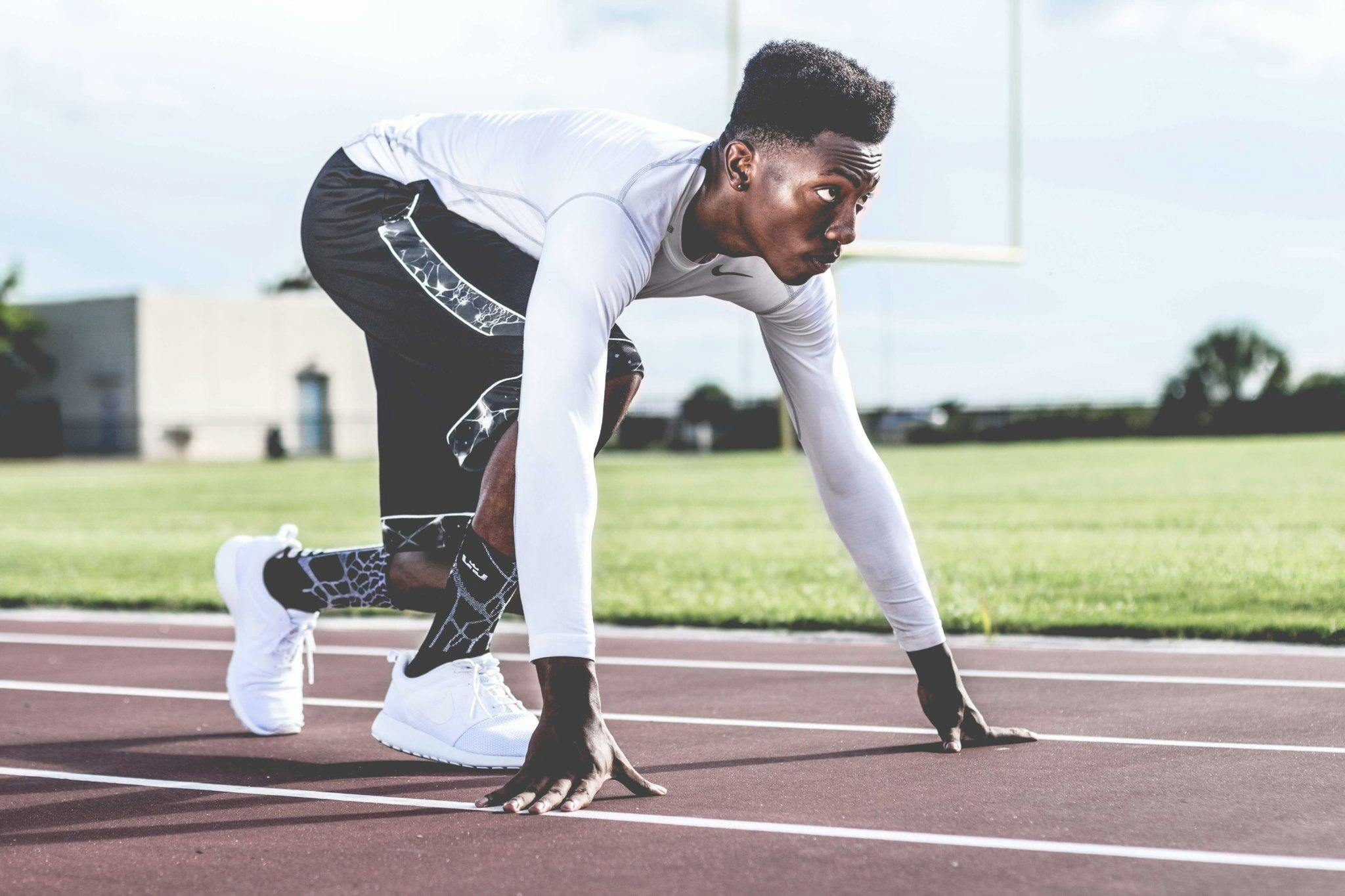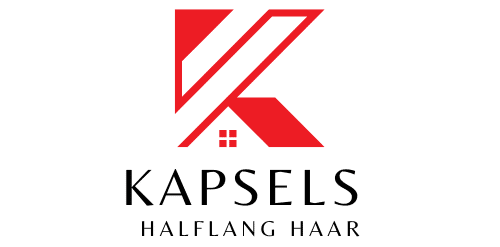What’s the Latest in Hydration Tracking Smart Devices for Athletes?

In recent times, the rise of technology has brought a new frontier to the fitness world, opening doors to innovative ways of monitoring health and performance. One of the latest trends in this digital health revolution is hydration tracking. The smart devices market, once dominated by traditional players like Apple, Garmin, and Fitbit, is now home to a whole new category of gadgets dedicated to ensuring athletes are well-hydrated. Let’s dive into the detail and discuss the latest in hydration tracking smart devices for athletes and how these devices are changing the game.
The Importance of Hydration for Athletes
Before we delve into the features of these smart devices, let’s understand why hydration is so crucial for athletes. To perform at your best, your body needs to be properly hydrated. Dehydration can lead to a decrease in both physical and cognitive performance, impacting your overall performance in sports or your workouts.
A voir aussi : How Can Wind Resistance Training Enhance Speed in Professional Cyclists?
Hydration is not merely about drinking water. It’s about maintaining a balance of electrolytes, which are essential for regulating your body’s fluids, muscle contractions, and nerve signals. Most athletes understand the importance of staying hydrated, but until now, there hasn’t been a handy tool to accurately track hydration levels. This is where hydration tracking smart devices come in.
Hydration Tracking Via Smart Watches
In the realm of wearable tech, smartwatches have become an everyday accessory. Companies like Apple, Garmin, and Fitbit have paved the way with their innovative wearable technologies. These devices offer features like GPS tracking, sleep tracking, heart rate monitoring, and more. Now, the same technology is being used to track hydration.
A voir aussi : What’s the Impact of Altitude Sleep Chambers on Performance for Endurance Runners?
Smartwatches with hydration tracking features typically use sensor data to determine the wearer’s hydration level. They can monitor your sweat rate, electrolyte balance, and other vitals to determine your hydration status. The watch then sends this data to an app on your smartphone, providing real-time updates and alerts when it’s time to hydrate.
In addition to tracking hydration, these smartwatches often come with additional features like GPS tracking for exercise, heart rate monitors, sleep trackers, and more. They are designed to have a long battery life, making them an ideal companion for long workouts or endurance events.
The Rise of Smart Rings for Hydration Tracking
While smartwatches continue to dominate the wearable tech scene, another piece of fitness technology is making waves: the smart ring. These devices, which are worn on the finger, can track a variety of health parameters, including hydration.
Smart rings use similar sensor technology as smartwatches to track hydration. They might be smaller, but they’re just as powerful. These devices can measure hydration levels by tracking changes in skin temperature and sweat rate. Like smartwatches, they send this data to a mobile app, where you can view your hydration status in real time.
One of the major advantages of smart rings is their unobtrusive design. They’re smaller and lighter than smartwatches, making them an attractive option for athletes who prefer a more minimalist approach to wearable tech.
What to Look for in a Hydration Tracking Device
When choosing a hydration tracking device, there are several factors to consider. First and foremost, you want a device that provides accurate and reliable data. Look for devices from reputable brands, and read reviews to ensure the device has been tested and reviewed by other users.
Next, consider the device’s battery life. For athletes, a device that requires frequent charging can be a major inconvenience. Look for devices that boast long battery life, ensuring you can go for days, or even weeks, without needing to recharge.
Finally, consider the additional features the device offers. Many hydration tracking devices also offer features like heart rate monitoring, sleep tracking, and GPS tracking. These additional features can provide a more complete picture of your overall health and fitness, making them a valuable addition to any athlete’s toolkit.
Innovative Features on the Horizon
As technology continues to evolve, so too does the range of features offered by hydration tracking devices. Companies are constantly pushing the boundaries, developing innovative new features to help athletes stay hydrated.
One such feature is the ability to track electrolyte balance. By monitoring changes in sweat composition, these devices can provide a more detailed picture of hydration status, helping athletes to replenish not just water, but essential electrolytes as well.
Another exciting development is the integration of machine learning technology. These devices use artificial intelligence to learn from your hydration habits, providing personalized recommendations to help you stay hydrated based on your unique needs.
As we move forward, the potential for hydration tracking devices is limitless. With advances in sensor technology, battery life, and data analysis capabilities, these devices are set to become an essential tool in every athlete’s arsenal. While we can’t predict exactly what the future holds, one thing is clear: the era of hydration tracking is just beginning.
Advanced Hydration Features of Popular Fitness Devices
Among the many fitness trackers that now incorporate hydration tracking features, a few stand out for their advanced functionality and technology. The Apple Watch, Garmin Forerunner, and Fitbit Charge are all heavy hitters in the fitness tech industry, and their latest models don’t disappoint.
The Apple Watch, one of the best fitness trackers available, offers a unique hydration tracking feature that integrates with the Health app. The watch monitors your exercise habits, weather conditions, and sweat rates to remind you to hydrate at optimal times. Additionally, its impressive battery life hours and water resistance make it a reliable choice for athletes of all kinds.
The Garmin Forerunner, known for its advanced GPS and running features, now includes hydration tracking as part of its comprehensive suite of health metrics. It uses sweat loss estimation and prompts athletes to hydrate based on the intensity and duration of their workouts. With a robust battery life days long and impressive water resistance ATM, this watch is designed for endurance.
Fitbit Charge, an Amazon best-seller, offers a more budget-friendly option for hydration tracking. It tracks your water intake manually and nudges you to meet your daily hydration goals. Plus, with heart rate and sleep tracking capabilities, it provides a well-rounded picture of your overall health.
Last, but certainly not least, is the Oura Ring, a compact fitness tracker that packs a punch. Despite its small size, it monitors various health parameters, including hydration levels. It tracks changes in skin temperature and sweat rate, similar to the hydration tracking of larger devices. With a respectable weight battery, it is lightweight and unobtrusive, making it a favorite among minimalist athletes.
The Future of Hydration Tracking Devices
As we look toward the future of hydration tracking, the possibilities are promising. Technology companies continue to invest in research and development, with groundbreaking features already on the horizon.
One expected advancement is the ability to monitor electrolyte balance. While current devices can track fluid loss, the ability to monitor electrolyte levels in sweat would provide a more comprehensive view of an individual’s hydration status. This would allow athletes to replenish both water and essential electrolytes, crucial for muscle contraction, nerve signals, and overall performance.
Another anticipated feature is the integration of machine learning and AI technology into hydration tracking. Devices would not only track hydration levels but learn from your patterns to provide personalized hydration recommendations. This could greatly enhance the effectiveness and convenience of hydration tracking.
Moreover, further advancements are to be expected in battery life. Manufacturers are striving to improve the longevity of these devices, aiming for trackers that can last weeks, or even months, without a recharge.
In conclusion, the rise of hydration tracking devices represents a significant milestone in sports and fitness technology. These devices, combined with a proper understanding of individual hydration needs, are empowering athletes to stay properly hydrated, enhancing performance, and promoting overall health. As technology continues to advance, athletes can look forward to even more accurate and personalized hydration guidance. The future of sports hydration is here, and it’s smartly digitized.
